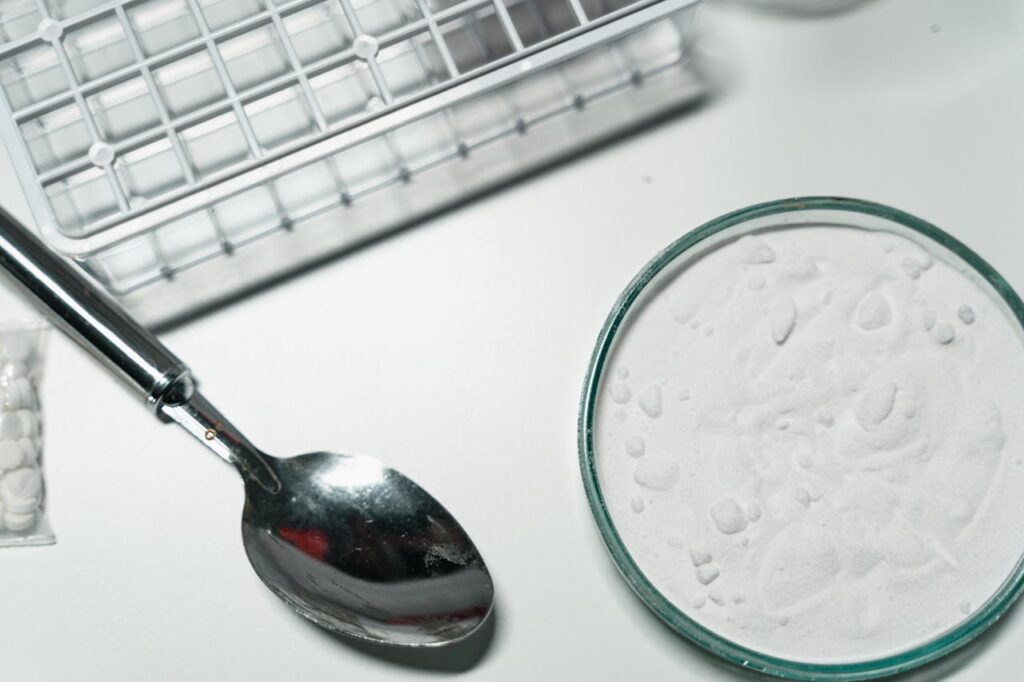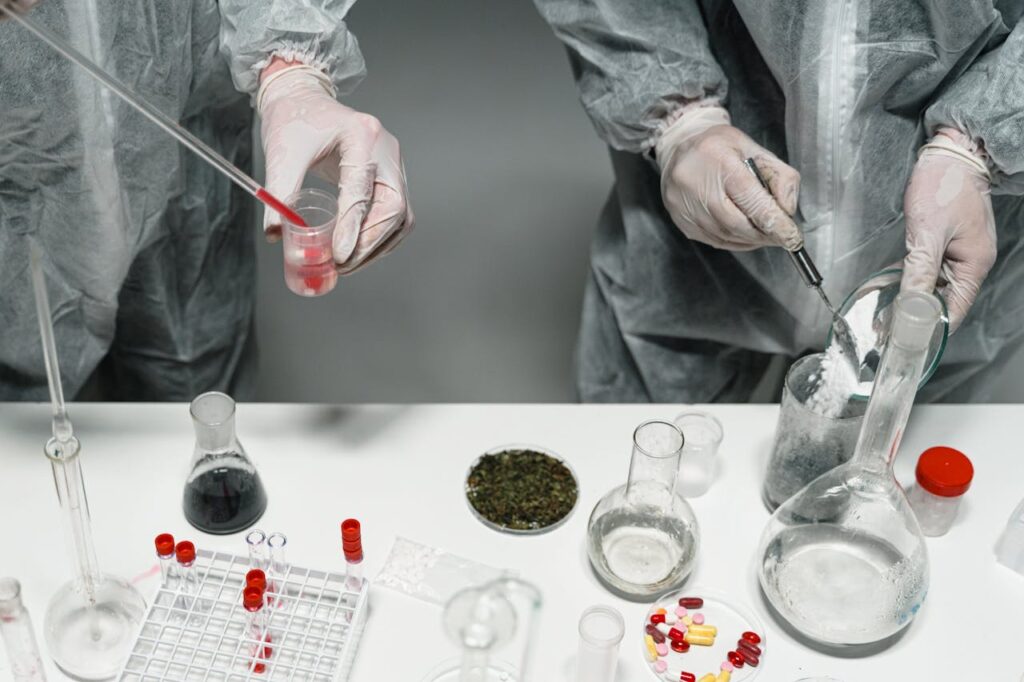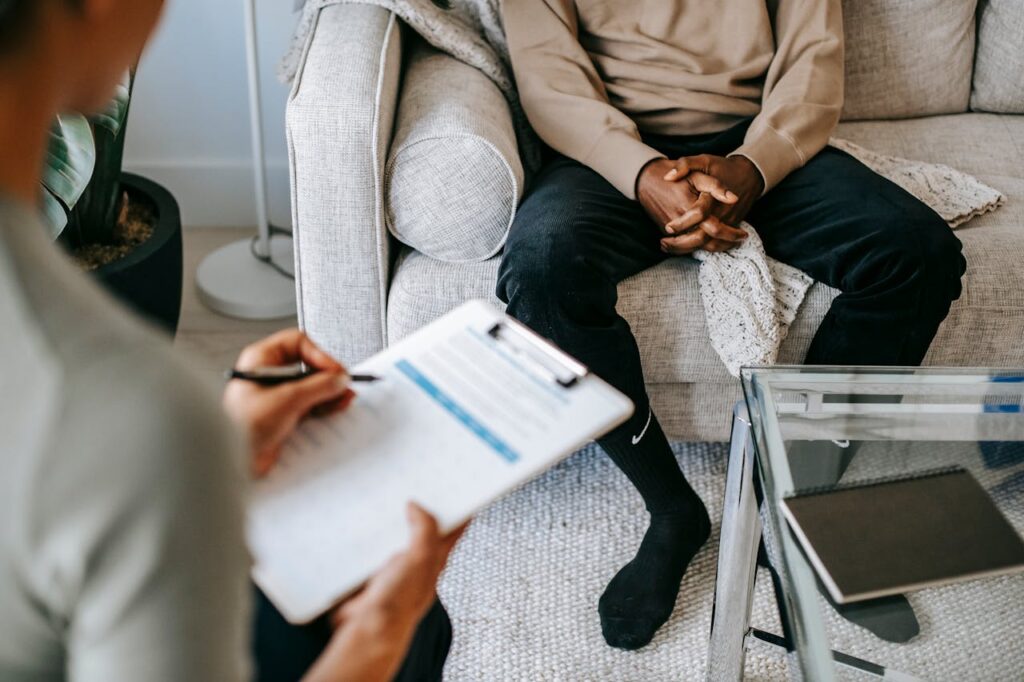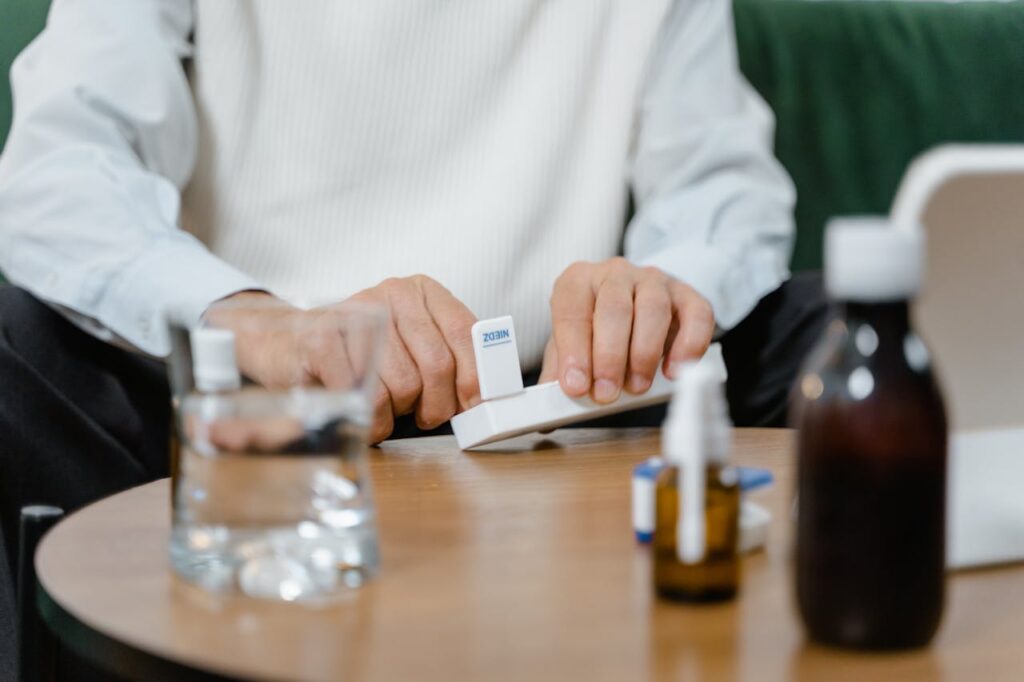Drug addiction can feel like an inescapable trap, but the truth is, recovery is always possible. With the right mindset, support, and strategies, you can break free from addiction and rebuild a healthier, more fulfilling life. This guide explores practical steps, emotional healing, and resources to help you on your journey to recovery.
Understanding Drug Addiction
Drug addiction is a complex condition that affects your brain and behavior. Over time, substances like alcohol, opioids, or stimulants can create physical and psychological dependencies, making it difficult to stop using. Recognizing that addiction is a medical condition—not a personal failure—is crucial for seeking the right help.
Why Breaking Free Is So Challenging
Drugs alter your brain’s reward system, creating cravings that are hard to resist. Withdrawal symptoms, social pressures, and emotional triggers make quitting even more challenging. However, understanding these obstacles helps you prepare for them and build the strength to overcome them.
Steps to Overcome Drug Addiction
Admit You Have a Problem
The first step in overcoming addiction is acknowledging it. Be honest with yourself about how drugs are affecting your life, health, relationships, and goals. Acceptance is a powerful motivator for change.
Seek Professional Help
Quitting drugs often requires medical and psychological support. Reach out to a doctor, counselor, or addiction specialist who can guide you through the process. Detoxification, therapy, and medication-assisted treatment can help you manage withdrawal and cravings safely.
Build a Support System
Recovery is not a journey you should take alone. Share your struggles with trusted friends, family members, or support groups. Organizations like Narcotics Anonymous (NA) and SMART Recovery provide safe spaces to connect with others who understand your challenges and can offer guidance.
Identify Your Triggers
Understand what situations, emotions, or environments lead to drug use. Triggers could include stress, certain people, or even specific locations. Once you’ve identified them, work on developing healthier ways to cope or avoid those triggers altogether.
Create a Structured Routine
Building a routine helps keep your mind focused and reduces the opportunity for relapse. Plan your day with productive activities such as work, exercise, hobbies, and time with loved ones. A structured life leaves little room for destructive habits.


Replace Negative Habits with Positive Ones
One of the most effective ways to combat addiction is by replacing it with healthier alternatives. Engage in activities that bring you joy and fulfillment, such as sports, art, meditation, or volunteering. These positive outlets can reduce cravings and boost your self-esteem.
Practice Self-Compassion
Recovery is a journey, and setbacks can happen. Instead of dwelling on mistakes, learn from them and keep moving forward. Treat yourself with kindness, and remember that progress takes time and effort.
Stay Committed to Long-Term Recovery
Sobriety is an ongoing process. Even after you’ve stopped using drugs, it’s important to stay vigilant. Regular therapy sessions, check-ins with your support network, and engaging in recovery-focused programs can help you maintain your progress.
The Benefits of a Drug-Free Life
Breaking free from drug addiction opens the door to countless benefits:
- Improved Health: Restore your physical and mental well-being.
- Stronger Relationships: Rebuild trust and deepen connections with loved ones.
- Financial Stability: Stop spending money on substances and invest in your future.
- Personal Growth: Discover new passions and unlock your potential.
- Inner Peace: Experience a sense of freedom and control over your life.
Resources to Help You Quit
- National Helpline: Reach out to hotlines like the SAMHSA National Helpline (1-800-662-HELP) for confidential support.
- Therapy and Counseling: Work with addiction counselors or therapists to address underlying issues.
- Support Groups: Join programs like Narcotics Anonymous or Alcoholics Anonymous for community-based support.
- Rehabilitation Centers: Consider inpatient or outpatient rehab programs for intensive treatment.


Conclusion: Take the First Step Today
Overcoming drug addiction is one of the greatest challenges you may face, but it’s also one of the most rewarding. With determination, the right support, and a commitment to change, you can break free from the chains of addiction and build a brighter future. Remember, it’s never too late to start your journey to recovery—take the first step today.

